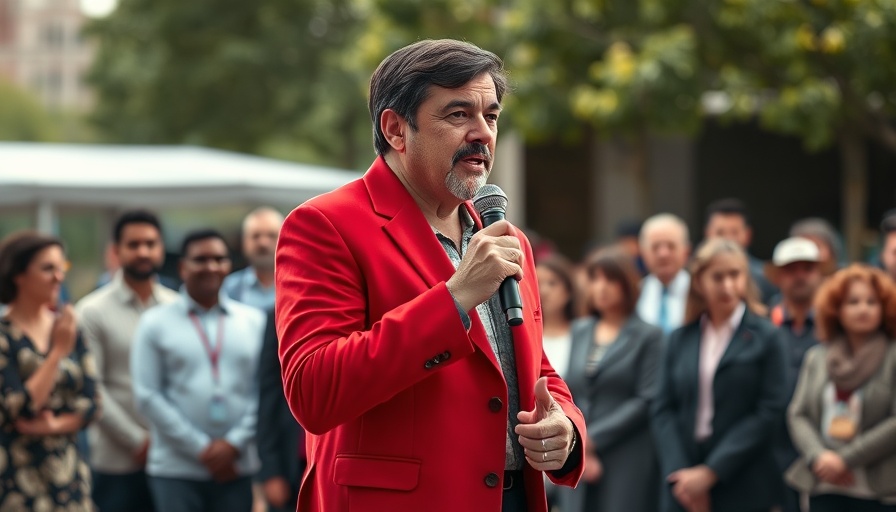
City Takes Action on RVs in Mission Bay: What’s Next?
The streets and parking lots around Mission Bay have become home to many RVs and large vans since the pandemic began—a phenomenon that has sparked increasing concern among city officials. Following complaints and increased scrutiny, city police have ramped up enforcement in these areas, responding to a growing number of residents and visitors who are anxious about the state of RV living nearby.
Understanding the Nature of RV Residency
Some RV occupants, like veteran Jeffrey Coyne, simply seek shelter and community. Many of these individuals have seen shifts in their livelihoods due to Covid-19, leading them to make difficult choices, such as living in parking lots stacked with RVs. However, the scenario has become more complex with city officials suspecting that not all residents are without means. Some vehicles appear luxurious, prompting questions about the true economic status of their inhabitants along the picturesque coastline.
The City’s Response and Long-Term Plans
Amid rising tensions, Council President Joe LaCava has proposed strategies to manage the situation. One such tactic could involve re-striping parking spaces to make them less accommodating for larger vehicles. This approach, while ensuring public parking remains open for traditional vehicles, also addresses safety and community concerns about living situations.
However, not all solutions are universally accepted. Residents like Coyne have voiced complaints regarding system inefficiencies, particularly with the new overnight parking site at H Barracks. They argue that while it’s designed to offer a safe spot, being required to vacate each morning poses logistical challenges and financial burdens, especially for those already struggling to afford fuel.
A Closer Look at County Leadership and Allegations of Misconduct
While the city grapples with parking enforcement, another local leadership crisis is unfolding. County Supervisor Jim Desmond has requested a federal inquiry into alleged misconduct within the county government, particularly surrounding the retirement of County Counsel Claudia Silva. This investigation arose amid claims that previous supervisors obstructed promotions and possibly engaged in questionable dealings. Such disputes showcase the broader issues of transparency and accountability in San Diego’s local governance.
The Impact on Local Communities
The crackdown on RVs and the ongoing leadership turmoil are closely intertwined with the community’s welfare and the perception of outdoor living spaces. San Diegans express varying degrees of support or resistance to the presence of RV dwellers, often shaped by the condition of their immediate environment. This situation is emblematic of broader trends where public sentiment can clash with the realities faced by those in economic distress.
Glimpses into Future Solutions
As city officials attempt to navigate these challenges, potential solutions may include more robust social support services and community-oriented initiatives. Rather than simply pushing occupants along, a holistic approach could provide pathways to rehabilitation and more stable living conditions. Initiatives like outreach programs that connect residents with resources while maintaining the integrity of public spaces can work hand-in-hand to create sustainable change.
Final Thoughts: A Call for Community Dialogue
The matters surrounding RV living in Mission Bay and the decision making of local county representatives highlight the need for a balanced discussion that includes diverse perspectives. Open lines of communication with the community can foster understanding and lead to solutions that meet the needs of all San Diegans. The local government must consider input from both those residing in RVs and those who regularly enjoy the scenic surroundings after all—these matters carry weight not just in policy but in humanity.
 Add Row
Add Row  Add
Add 




Write A Comment